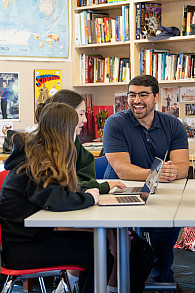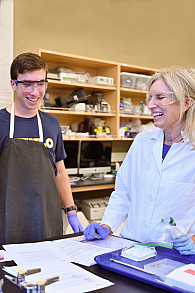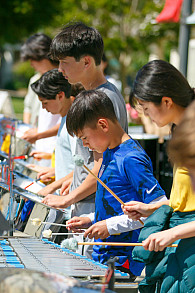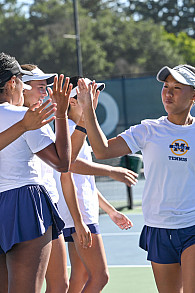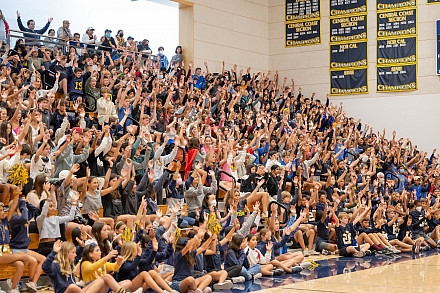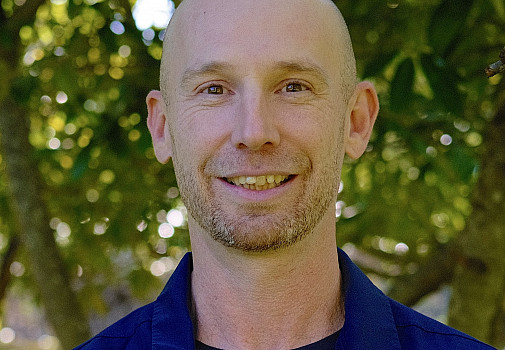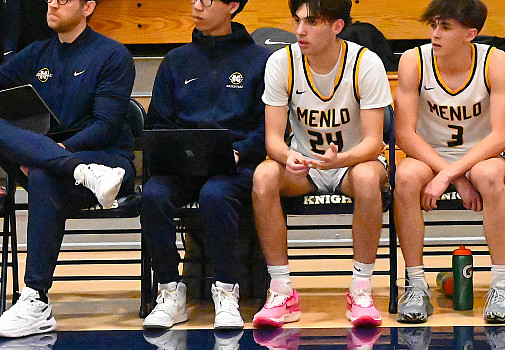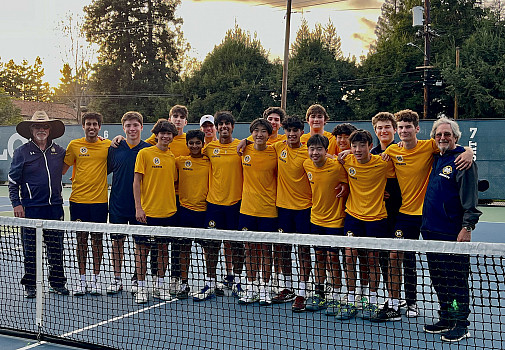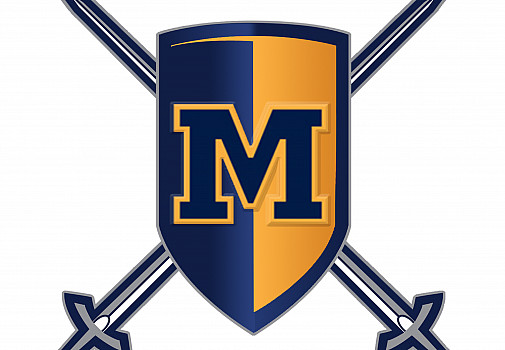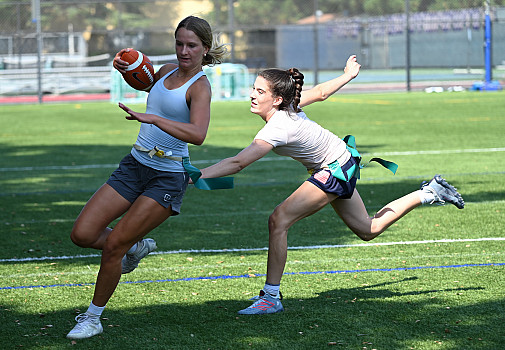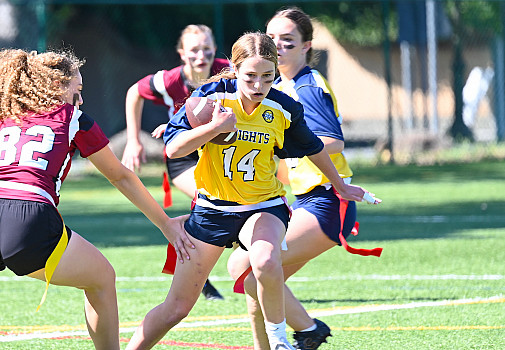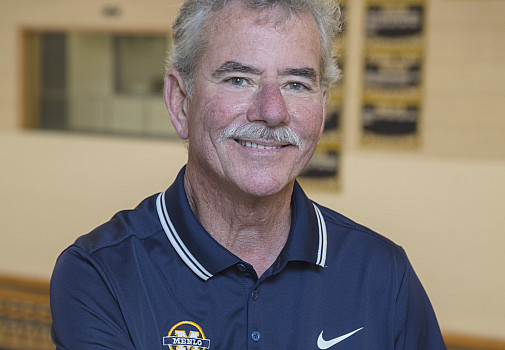- Arts
- Academics
-
Athletics
- Athletics Overview
-
Upper School Teams
- Baseball - Varsity
- Baseball - Junior Varsity
- Basketball - Boys Varsity
- Basketball - Boys Junior Varsity
- Basketball - Boys Freshman
- Basketball - Girls Varsity
- Basketball - Girls Junior Varsity
- Cross Country
- Flag Football - Girls
- Football - Varsity
- Football - Junior Varsity
- Golf - Girls Varsity
- Golf - Boys Varsity
- Golf - Boys Junior Varsity
- Lacrosse - Boys Varsity
- Lacrosse - Boys Junior Varsity
- Lacrosse - Girls Varsity
- Lacrosse - Girls Junior Varsity
- Soccer - Boys’ Varsity
- Soccer - Boys’ Junior Varsity
- Soccer - Girls Varsity
- Soccer - Girls Junior Varsity
- Swimming
- Tennis - Varsity Boys
- Tennis - Boys Junior Varsity
- Tennis - Girls Varsity
- Tennis - Girls Junior Varsity
- Track & Field
- Volleyball - Varsity
- Volleyball - Junior Varsity
- Volleyball - Freshman
- Water Polo - Boys Varsity
- Water Polo - Boys Junior Varsity
- Water Polo - Girls Varsity
- Water Polo - Girls Junior Varsity
-
Middle School Teams
- Baseball - Middle School
- Basketball - Boys Middle School
- Basketball - Girls Middle School
- Cross Country - Middle School
- Flag Football - Middle School
- Lacrosse - Boys Middle School
- Lacrosse - Girls Middle School
- Soccer - Boys Middle School
- Soccer - Girls Middle School
- Swimming - Middle School
- Tennis - Middle School
- Track - Middle School
- Volleyball - Middle School
- Athletics Philosophy & Values
- Athletics Resources
- Camps & Clinics
- Alumni Athletes
- New to Menlo Athletics?
- Student Life
- Support Menlo
- Admissions
- Calendar
- Resources
MENLO SCHOOL • SINCE 1915

Menlo News November 06, 2020
Menlo Biology Conducts CRISPR Gene Editing from Home

While many students across the nation learned to do lab experiments at home this year, Menlo’s Advanced Topics in Biology students took it to the next level, using Nobel Prize-winning CRISPR technology to perform gene-editing experiments in their own homes during remote learning. Using carefully developed kits and safety protocols, students disabled a gene in safe, non-pathogenic E. coli bacteria using donor DNA. Students gained serious lab skills, as well as a grounding in the ethical implications and future potential of this revolutionary technology.
On October 7, 2020, CRISPR creators Emmanuelle Charpentier and Jennifer Doudna were awarded the Nobel Prize in Chemistry for their groundbreaking discovery. It has been hailed for its potential applications in agriculture, medicine, public health, and even bioenergy.
Teacher Tanya Buxton says that the method’s far-reaching potential, combined with its simplicity, is what makes it so exciting for students: “They can do it in their kitchen. It’s accessible! People could do this in fairly simple labs. That’s going to make this technology accessible around the world and is going to solve so many problems.”
 MENLO SCHOOL Since 1915
MENLO SCHOOL Since 1915